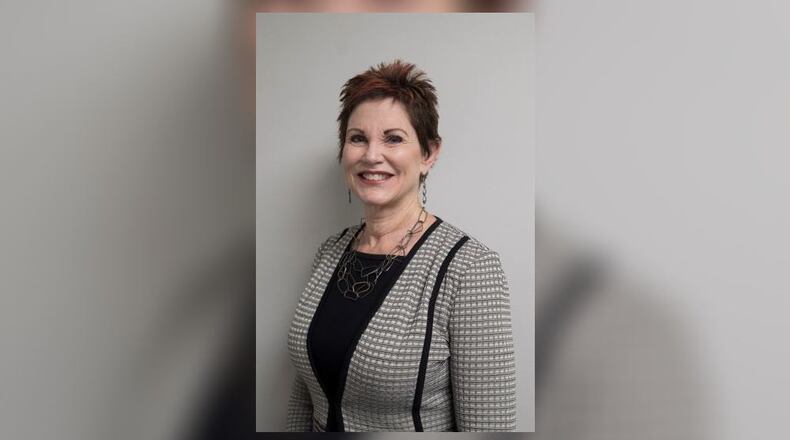The first mutation is linguistic camouflage. “Zionist” replaces “Jew,” sanitizing hateful tropes. “Israel” is blamed for everything from controlling Congress to Mossad orchestrating the JFK assassination or Epstein’s Island, while Jews are painted as both communist and capitalist enemies. These reframed stereotypes—conspiracy, manipulation, disloyalty—fit modern anxieties, allowing antisemitism to spread from extremist fringes into progressive circles. Since Hamas’s October 7, 2023, attack on Israel—killing over 1,200, mostly civilians, in the deadliest assault on Jews since the Holocaust—U.S. antisemitic incidents have surged 360%, often cloaked as anti-Zionist rhetoric, masking calls to harm Jews.
The second mutation fractures minority solidarity. Once a persecuted group, Jews are recast as “privileged,” “white,” or “colonizers.” On college campuses, Jewish students are barred from libraries; the Women’s March has expelled Jews for perceived ties to Israel; and in Los Angeles, immigration protests morph into “Free Palestine” marches, with kaffiyeh-wearing crowds attacking and defaming Jews. Jews face a unique double standard: no other diaspora is asked to renounce their homeland to prove loyalty, as Jews are told to disavow Israel, a tiny island of Jewish security in a world of hostile not Jewish countries. This expectation of self-erasure reveals the cancer’s persistence.
The third mutation turns victims into villains. By labeling Israel as evil or comparing it to Nazis, this hatred paints Jews as oppressors, excusing hostility. Slogans like “From the River to the Sea,” which call for erasing Israel — a homeland for half the world’s Jews — ignite real harm: vandalism of Jewish buildings, assaults on Jewish students at local colleges, and protests shutting down community spaces. This narrative, dressed as a fight for justice, spreads on social media and in campus rallies, convincing people their hatred is righteous, making it harder to stop.
What starts with the Jews never ends with the Jews. History shows antisemitism as a precursor to broader societal decay, targeting one group before others. In Dayton, Jews, fearing this surge, have too often hidden their identity — removing mezuzahs, concealing kippahs, fortifying synagogues. Yet, history teaches the antidote lies in embracing our Jewish heritage boldly, recognizing the need for a safe haven like Israel, and standing unapologetically against this scourge.
Your Jewish friends and neighbors are frightened, reeling as antisemitism surges here and abroad. Jews are the canary in the coal mine, their targeting a warning of broader societal danger. We urgently need community action: call out disguised hatred, rebuild minority solidarity, and challenge double standards. Public school teachers must present both sides of the Middle East conflict, not just media narratives, to foster understanding. Education must reveal antisemitism’s mutations; laws must treat vandalism and assaults as hate crimes. Watch out for “reformers” hiding hateful agendas in justice.
I pray every reader honestly assesses, “Is our community safe?” Delay and this cancer will spread, demanding a societal “chemo” too late to save our nation’s dream as a haven for all. Antisemitism’s lesson is clear: hatred mutates, and so must our fight to stop it before it consumes us.
Judy Chessin, Senior Rabbi at Temple Beth Or in Dayton.
About the Author
